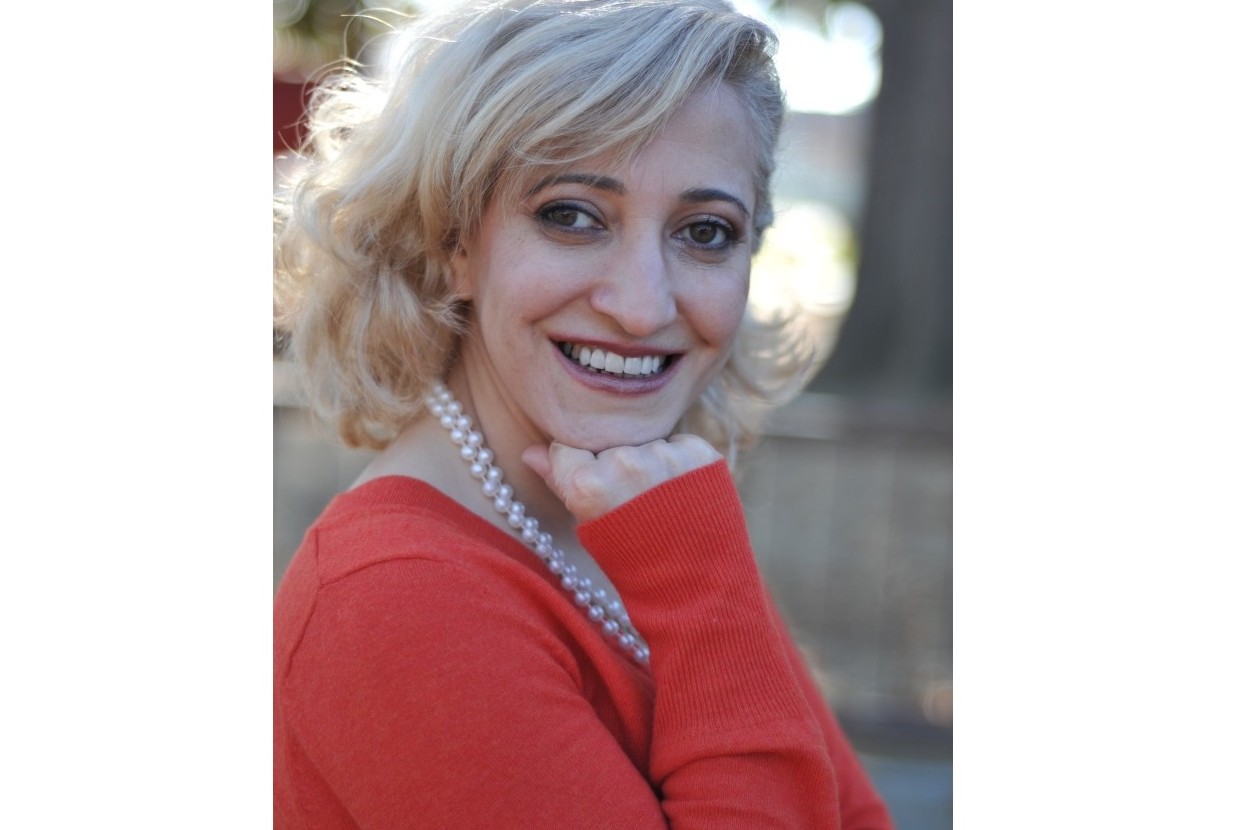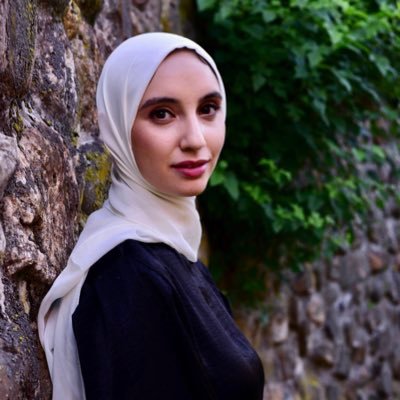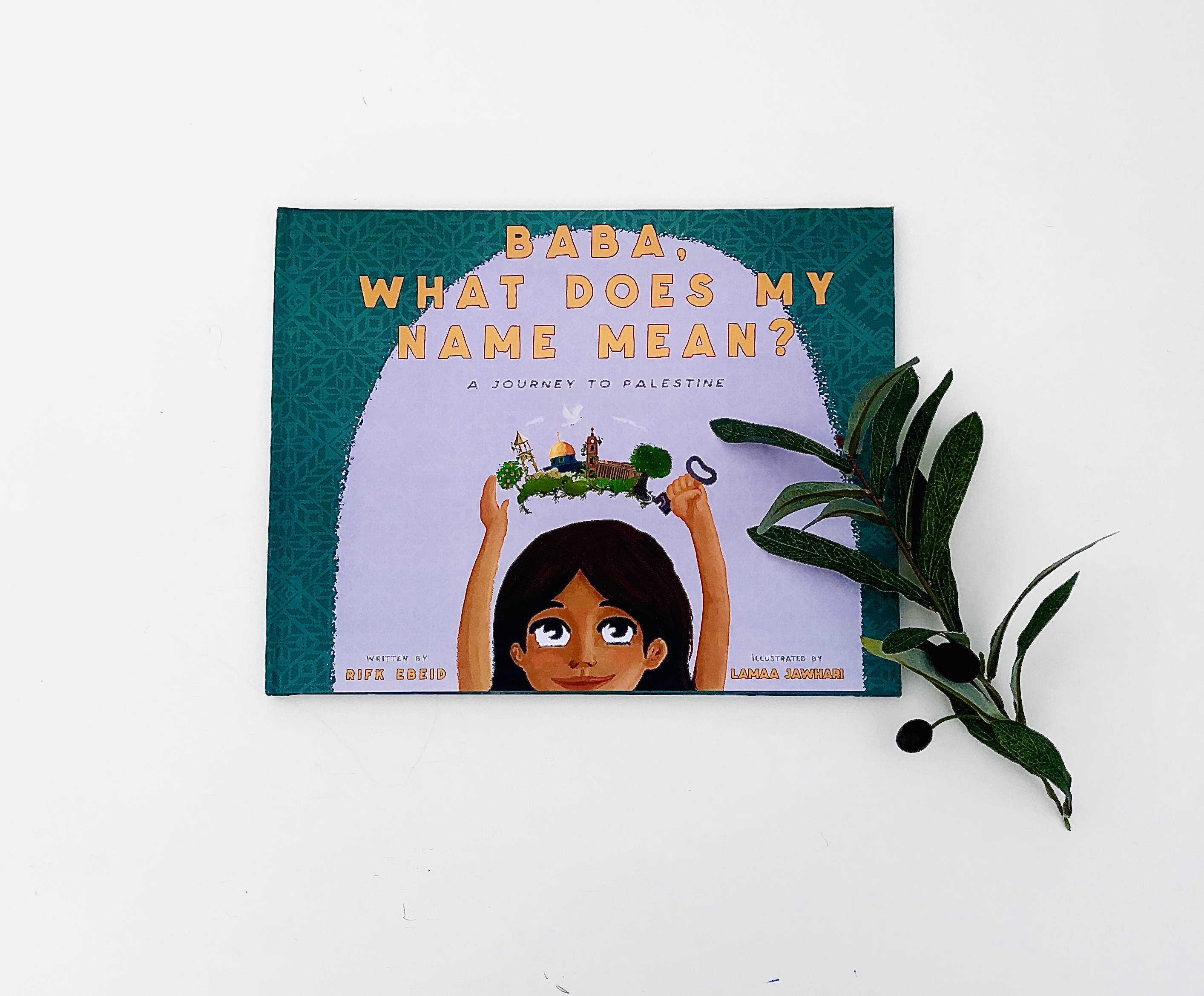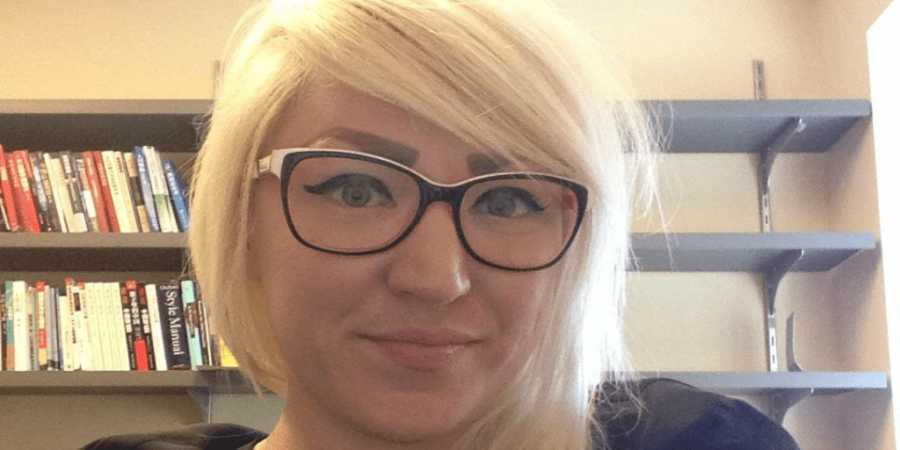My first book Opium Nation was about the impact of the drug trade on women in Afghanistan.
Who are you?
I’m an Afghan-born, American raised journalist, author and speaker. I was 9 years old when my family fled the Soviet invasion in Afghanistan. I grew up in the San Francisco Bay Area but after graduating high school, I left my family to pursue my education and career around the world. I write and speak about the Middle East, Muslim communities, war, women’s issues, corruption, immigration and anything else that interests me. I became a freelancer 14 years ago and have managed to stay independent. I write for various American and British publications and am working on a second book about Afghans in the U.S. My first book Opium Nation was about the impact of the drug trade on women in Afghanistan.
I’m the mother of two little girls and the wife of a loving, hardworking Afghan man I chose to marry.
What is your favorite quotes?
“Forget safety.
Live where you fear to live.
Destroy your reputation.
Be notorious.”
― Rumi
Reputation and safety can become cages where we can wither as Muslim women. I have always sought to break boundaries that confine us, risking my good girl reputation and in some cases, my life, to seek meaning and truth. I often turn to Rumi’s words to make sense of today’s chaos.
The “Ten”:
1. What is your favorite book?
I have many but Jhumpa Lahiri’s Interpreter of Maladies is on top for fiction. She can tell a story like she has lived the life of every character she describes. As for nonfiction, Mantle of the Prophet about an ayatollah in Iran is one of my favorites.
2. Who inspires/inspired you?
The women and men I write about, the ones who have overcome great odds and continue to smile, the ones who are tolerant and accepting of differences, the ones who are the most uneducated but the most humane. From South Asia, to the Middle East, Europe and the U.S., I’ve been inspired by extraordinary stories of resilience.
3. What is the best lesson your mother/mother figure taught you?
Kindness and acceptance. My parents fed, smiled at and cared for any friends I brought home, whether they were men or women, black, brown or white, atheist or religious.
4. What advice would you give your 13 year old self?
You will always live on the margins, don’t ever try to be part of the mainstream. Accept that being in exile will mean you will never feel one place is home but find belonging in those who care enough to become a part of your life.
5. What are your hopes for your daughter(s) and/or son(s)?
I want them to have confidence to defend themselves, be independent and build a life that makes them happy. Like every parent, I want them to be able to support themselves financially.
6. What is the biggest trial you went through in your life and how has that changed you?
War. I do not wish any child to live through a war and see bodies as a daily fact of life. It has defined what I do and who I am. The scars of war run deep but writing about war has helped me understand and explain it. Humanity’s darkest demons awaken in war.
7. Any regrets? What’s something that you wish you’d thought about more before you did it?
I wish that I could be more positive. I tend to focus on the negative and become anxious as a result. It’s a childhood trait I need to get rid of, useless angst that drains the body. I regret losing patience with my family. If I could be more patient but still assertive, I would be a better mother, wife, daughter.
8. How do you stay grounded in your work and/or spiritually grounded?
I don’t rush my writing, especially if it’s a longer story. I take my time, breathe a lot of fresh air, take many walks and then return to the page. Spiritually, I just look around me and I’m in heaven. The sunset, the hills, the lakes nearby and my daughters. When I hear them laugh and hug each other, my day is made. When my husband caresses my face and holds my hand, my week is made. Staying spiritually grounded is kind of an oxymoron since spirituality is often thought of as a celestial mystery. But the here and now appeals to me more than the afterlife.
9. How do you bring about real change?
Real change comes from within whether it’s an individual or a nation-state. In all my years of reporting, I found that Muslims have to stop defining themselves vis-à-vis the West. We have to find our own voice, our own space. We have to stop glorifying the past to create a present. The present cannot be made without the experience of the past, but it cannot be our only salvation. We must come to terms with our faults and acknowledge them as ours rather than what the West imposed on us. At the same time, it’s important to defy tyranny, whether it’s from the inside or outside. Every time I defend Muslim women’s freedoms, I’m delegitimized as a Western feminist. Freedom is not a Western concept; it’s a universal one. It all depends on how one defines freedom. Muslim women have to define it for themselves.
10. What do you hope to be remembered for?
Standing up to the errors of the status quo, whether it’s in the Muslim community or the American mainstream. For writing about issues that matter, that touch people’s hearts. I think every conscientious journalist wants to bring positive change so I’m cliché in that desire.
Video message from Fariba:
More about Fariba:
Fariba Nawa
Journalist, Speaker and Author of Opium Nation and Afghanistan, Inc.
Website: www.faribanawa.com
Facebook: http://www.facebook.
Twitter: @faribanawa



















